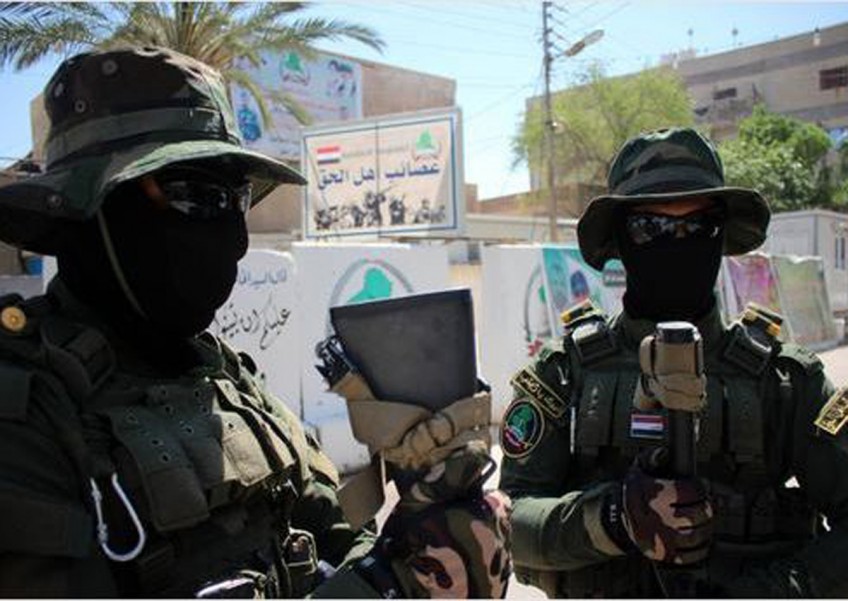KL terrorist rehab 'a model for ASEAN'

Malaysia says its terrorist rehabilitation programme will be the benchmark for ASEAN to help contain the spreading regional network of Islamic militants such as the Islamic State in Iraq and Syria (ISIS).
"Malaysia's deradicalisation programme will be the benchmark in SOP (standard operating procedure) for rehabilitation," Deputy Prime Minister Ahmad Zahid Hamidi told reporters after a special conference yesterday on the "Rise of Radicalisation and Violent Extremism".
"Based on data from the Prisons Department, Islamic Development Department and Home Ministry, our success rate is 95 per cent.
"Only 5 per cent require follow-up efforts because they are hardcore extremists," said Datuk Seri Zahid, who is also home minister.
Indonesia, Thailand and the Philippines joined the host nation yesterday in outlining strategies to curb terror activities.
He said Malaysia, which this week hosted the ASEAN Ministerial Meeting on Transnational Crime, was appointed to host a special two-day meet in January in an ASEAN+8 format (the United States, Russia, China, Japan, India, South Korea, Australia and New Zealand will be invited) focusing on rehabilitation of terrorists.
It would be "a driver of solutions" to the threat of violent extremism in South-east Asia.
Muslim-majority Malaysia's physical and financial infrastructure makes it a prime transit point for radical Islamists, authorities here have acknowledged.
Since last year, 121 ISIS suspects have been detained and preventive laws have been put in place to further empower anti-terror teams to clamp down on extremist networks in the country.
Malaysia's rehabilitation programme, which will be presented at the January ASEAN+8 meeting, has been adapted from one used to reintegrate former communist guerillas back into society.
Mr Zahid said that the methods involved not just those held for terror activities, but families and friends.
"We find that 85 per cent got involved not because of strong religious beliefs, but other factors," he said, adding that a radical's social circle needed to be engaged and psychological counselling offered.
He said based on exchange of intelligence with other nations, Malaysia had been able to detain all ISIS militants returning to the country.
However, of the 131 terror suspects currently held, only 110 are Malaysian, indicating that foreign terror fighters have begun infiltrating the country.
Malaysia, which arrested three people linked to a terror threat in Kuala Lumpur last week, has been helping Thailand apprehend suspects over August's deadly bomb blast in Bangkok.
The ASEAN transnational crime meeting had agreed on Thursday to expand priority areas to include smuggling of wildlife, timber and people.
Human trafficking, Mr Zahid said yesterday, also had links to terrorism as "traffickers facilitate the presence of terrorists, so they are co-conspirators".
shannont@sph.com.sg

This article was first published on Oct 3, 2015.
Get a copy of The Straits Times or go to straitstimes.com for more stories.